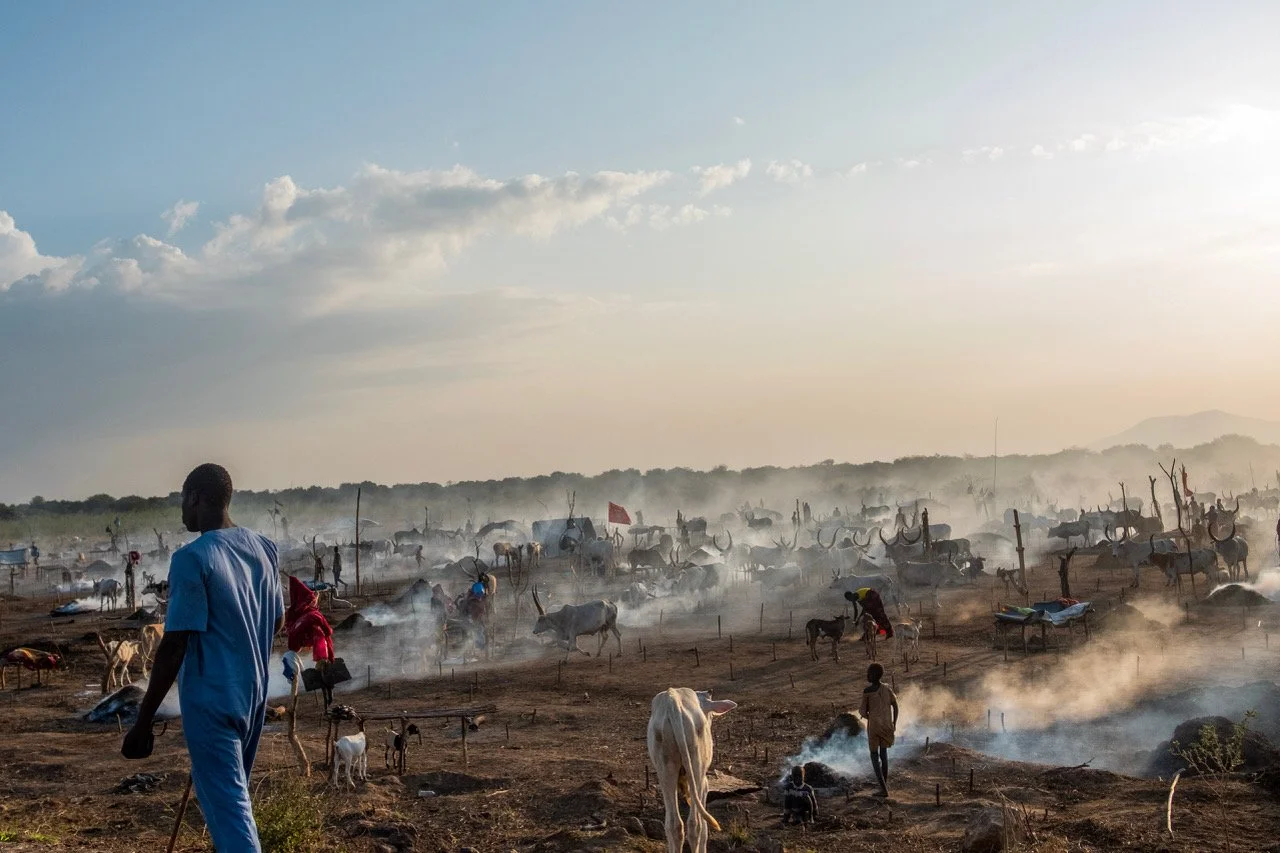"Journey Through Time: Exploring South Sudan's Rich Heritage and Aspiring Unity"
I spent 4 days in South Sudan, and I truly cherished the experiences I gained from my travels there. I was fascinated by the way their communities deeply care for one another, how they extend warm hospitality to visitors, their meticulous food preparation techniques, and the profound emphasis on agriculture and animal husbandry within their society. These aspects reminded me of the stories I've heard about Rwandans' way of life back in the 1940s and even earlier. However, the tide of civilization and modernization has dramatically altered everything, including their culture and cherished traditions. This trip felt like a journey back in time to witness the way African communities once thrived.
I had been thoroughly briefed about what to do and what not to do during my stay, given the priority of returning safely to reunite with my family. The country itself presents a challenging environment, as it remains somewhat hostile. Throughout the capital city of Juba, imposing fences encircle properties, public institutions, private organizations, government buildings, and more. These security measures reflect the prevailing sense of unease that permeates the area.
Interestingly, a significant portion of major enterprises in South Sudan is under the ownership of Ethiopians, Kenyans, Ugandans, and even some Rwandans. This phenomenon raises questions about the South Sudanese populace's level of engagement in their country's development.
Of course, it's worth acknowledging the longstanding conflicts between tribes that have persisted for decades, both before and after the country's independence in 2011. The government and its partners have initiated counseling programs aimed at fostering reconciliation among the populace. However, traces of racial discrimination between tribes continue to persist within the society.
To truly address and terminate these conflicts, it becomes imperative for South Sudan to implement comprehensive unity and reconciliation programs. These initiatives should be integrated into every facet of their society—communities, schools, churches, and beyond. By fostering a sense of national cohesion, South Sudanese people can gradually forge a unified identity, ultimately cultivating a sense of safety and security within their homeland.
